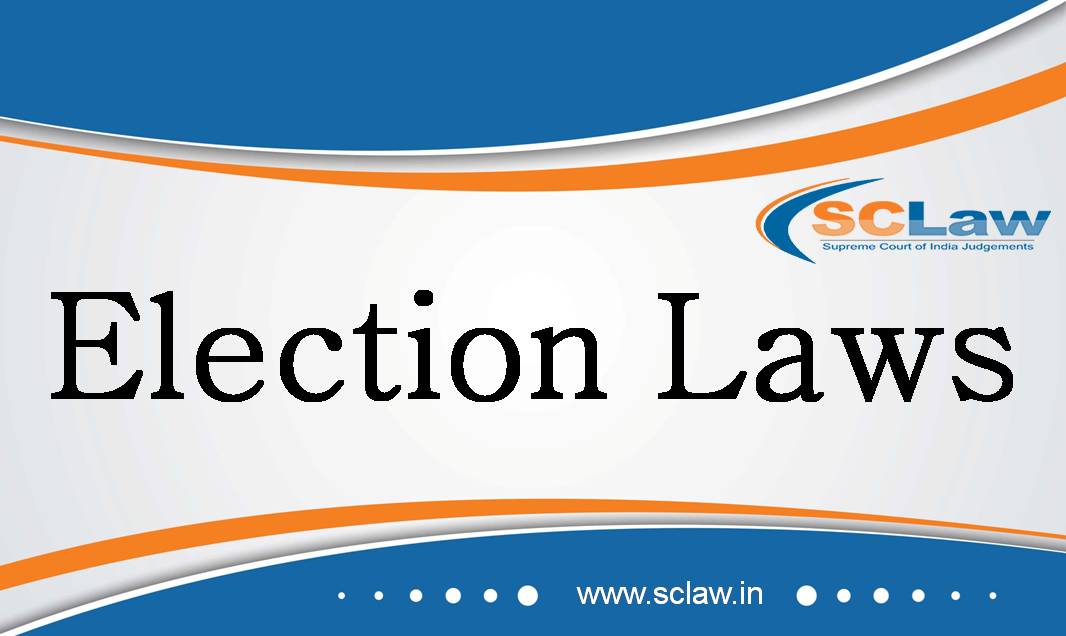JK NC was entitled to the “plough” symbol and set aside the LADHC election notification S.O.53 published vide No.Secy/Election/2023/290-301 dated 05.08.2023 – A fresh Notification shall be issued within seven days from today for elections to constitute the 5th Ladakh Autonomous Hill Development Council, Kargil – R1 is declared entitled to the exclusive allotment of the Plough symbol for candidates proposed to be put up by it.
SUPREME COURT OF INDIA DIVISION BENCH UNION TERRITORY OF LADAKH AND OTHERS — Appellant Vs. JAMMU AND KASHMIR NATIONAL CONFERENCE AND ANOTHER — Respondent ( Before : Vikram Nath and…


